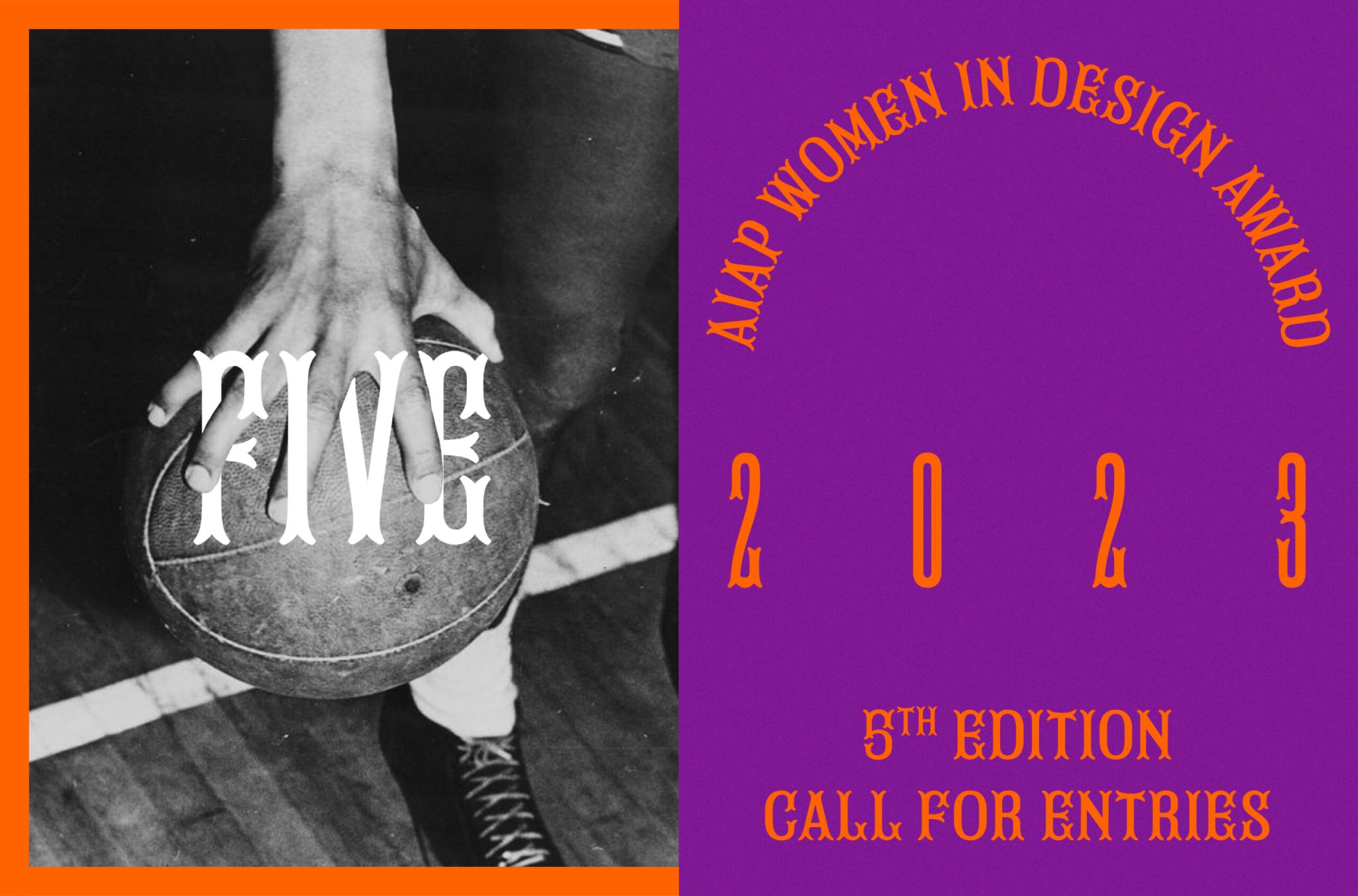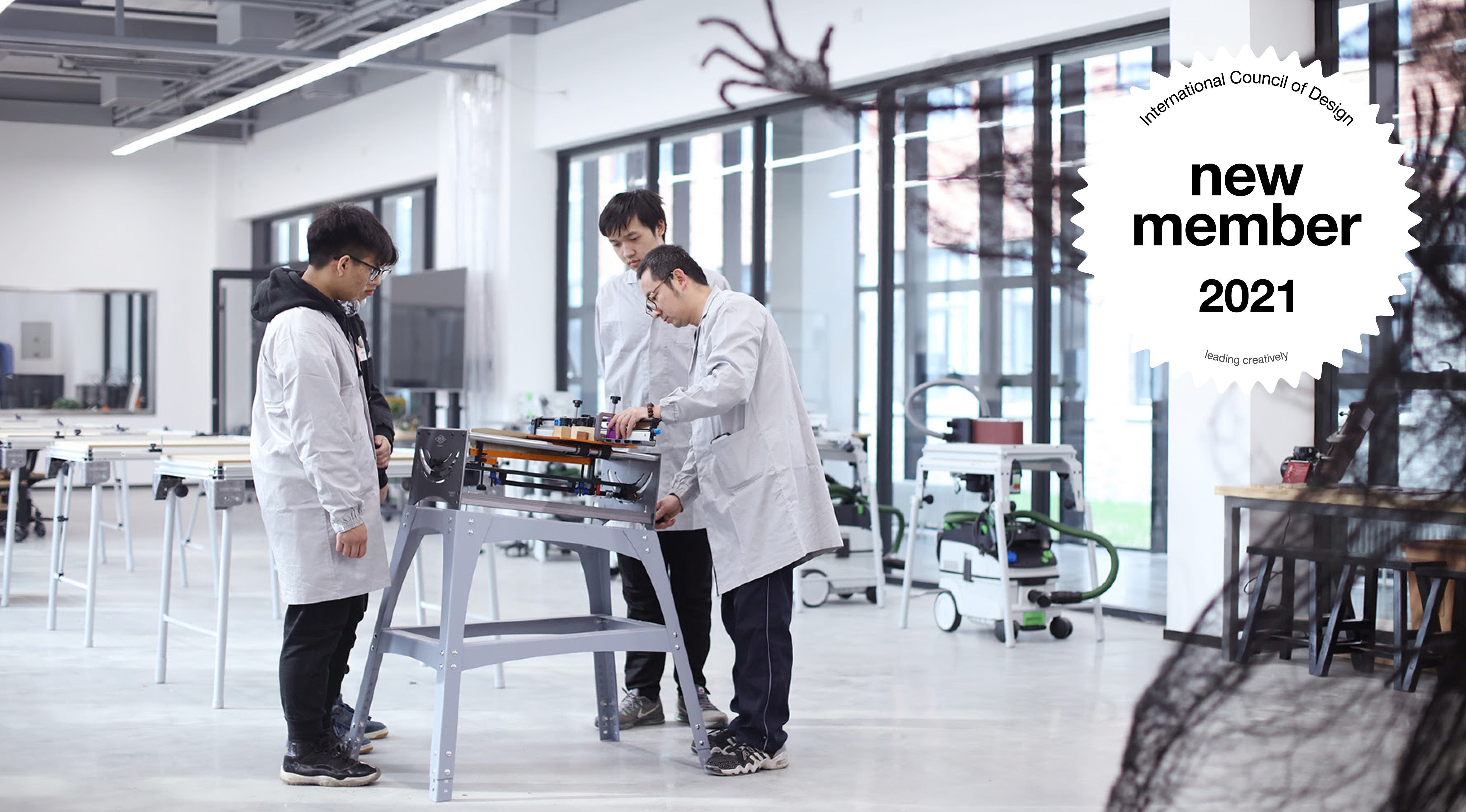AIGA MAINTAINS ITS POSITION AGAINST SPECULATIVE WORK WHILE RECOGNISING THAT THE DECISION IS UP TO INDIVIDUAL DESIGNERS

26.05.2009 News
New York (United States) - The AIGA board of directors, in consultation with a number of interested members, recently reviewed AIGA's long-standing policy against spec work in the context of changing dynamics in the marketplace. AIGA acknowledges that spec work - speculative work done prior to engagement with a client and in anticipation of being paid if selected - has long been practised, continues to occur and may indeed be increasing, particularly as the internet affects solicitation, bidding, marketing and distribution practices.
, maintains that speculative work can compromise the benefits of effective design for both clients and designers - and that a designer fully engaged in a client's business challenges is necessary to an effective solution. Designer and client should engage as they see fit, although designers should knowingly assume responsibility for the risks involved in spec work if they choose that course.
It is the duty of AIGA to continue to inform the public, business and the design community of the potential risks of spec work, including implications for the quality of the outcome, intellectual property rights and economic fairness. In the long run, AIGA is committed to encouraging creative expression and enhancing visual literacy for all. It is our hope and belief that the understanding and appreciation of professional design will be extended and perpetuated through education.
"The types of unpaid and speculative work that are solicited, offered and distributed today are very different than they were even a few years ago, as a result of a design market facilitated by the internet," said Richard Grefé, AIGA executive director. "By providing educational information on what it means to do work without the promise of compensation, and the resulting risks for both the client and the designer, we hope to empower every designer to make an informed and intelligent decision on an individual basis."
AIGA's updated position on speculative work is as follows:
AIGA position on spec work
AIGA, the professional association for design, believes that professional designers should be compensated fairly for the value of their work and should negotiate the ownership or use rights of their intellectual and creative property through an engagement with clients.
AIGA acknowledges that speculative work occurs among clients and designers. Instead of working speculatively, AIGA strongly encourages designers to enter into projects with full engagement to continue to show the value of their creative endeavor. Designers and clients should be aware of all potential risks before entering into speculative work.
AIGA is committed to informing designers, students, educators, clients and the general public on the risks of compromising the design process though information, materials and services that can help in forging a healthy working relationship between designers and their clients.
Defining speculative work
Uncompensated design is not the same as spec work.
Speculative work - work done without compensation in the hope of being compensated, for the client's speculation - takes a number of forms in communication design. There are five general situations in which some designers may work, by choice, without compensation:
For students and professionals, there may be a different line drawn on which of these constitute unacceptable practices. In each case, however, the designer and client make the decision and must accept the relevant risks. Most designers would consider the first two types to be unacceptable.
In certain design disciplines, such as architecture, advertising and broadcast design, business practices differ and professionals have been expected to participate in speculative work. This usually occurs in fields where the initial design is not the final product, but is followed by extended financial engagement to refine or execute a design. In communications design, this is often not the case. The design submitted "on spec" is all that the client is seeking.
Spec work presents risks to both the client and the designer
Clients and designers knowingly engaged in spec work share an equal responsibility to understand the potential risks and rewards:
For further information, please contact:
Jennifer Bender
Manager, communications and marketing
AIGA | the professional association for design
T +1 212 807 1990
F +1 212 807 1799
W: http://www.aiga.org
About AIGA
AIGA, the professional association for design, is one of the oldest and largest membership association for design professionals engaged in the discipline, practice and culture of designing. AIGA's mission is to advance designing as a professional craft, strategic tool and vital cultural force. AIGA supports the interests of professionals, educators and students who are engaged in the process of designing. The association is committed to stimulating thinking about design, demonstrating the value of design and empowering success for designers throughout the arc of their careers. AIGA is a Professional Member of Icograda.
Icograda's position on speculative work
Icograda's position on speculative work is outlined in the . Icograda's position was ratified by its Members at the Icograda General Assemby 22 in La Habana, Cuba.
, maintains that speculative work can compromise the benefits of effective design for both clients and designers - and that a designer fully engaged in a client's business challenges is necessary to an effective solution. Designer and client should engage as they see fit, although designers should knowingly assume responsibility for the risks involved in spec work if they choose that course.
It is the duty of AIGA to continue to inform the public, business and the design community of the potential risks of spec work, including implications for the quality of the outcome, intellectual property rights and economic fairness. In the long run, AIGA is committed to encouraging creative expression and enhancing visual literacy for all. It is our hope and belief that the understanding and appreciation of professional design will be extended and perpetuated through education.
"The types of unpaid and speculative work that are solicited, offered and distributed today are very different than they were even a few years ago, as a result of a design market facilitated by the internet," said Richard Grefé, AIGA executive director. "By providing educational information on what it means to do work without the promise of compensation, and the resulting risks for both the client and the designer, we hope to empower every designer to make an informed and intelligent decision on an individual basis."
AIGA's updated position on speculative work is as follows:
AIGA position on spec work
AIGA, the professional association for design, believes that professional designers should be compensated fairly for the value of their work and should negotiate the ownership or use rights of their intellectual and creative property through an engagement with clients.
AIGA acknowledges that speculative work occurs among clients and designers. Instead of working speculatively, AIGA strongly encourages designers to enter into projects with full engagement to continue to show the value of their creative endeavor. Designers and clients should be aware of all potential risks before entering into speculative work.
AIGA is committed to informing designers, students, educators, clients and the general public on the risks of compromising the design process though information, materials and services that can help in forging a healthy working relationship between designers and their clients.
Defining speculative work
Uncompensated design is not the same as spec work.
Speculative work - work done without compensation in the hope of being compensated, for the client's speculation - takes a number of forms in communication design. There are five general situations in which some designers may work, by choice, without compensation:
- Speculative or "spec" work: work done for free, in hopes of getting paid for it
- Competitions: work done in the hopes of winning a prize - in whatever form that might take
- Volunteer work: work done as a favor or for the experience, without the expectation of being paid
- Internships: a form of volunteer work that involves educational gain
- Pro bono work: volunteer work done "for the public good"
For students and professionals, there may be a different line drawn on which of these constitute unacceptable practices. In each case, however, the designer and client make the decision and must accept the relevant risks. Most designers would consider the first two types to be unacceptable.
In certain design disciplines, such as architecture, advertising and broadcast design, business practices differ and professionals have been expected to participate in speculative work. This usually occurs in fields where the initial design is not the final product, but is followed by extended financial engagement to refine or execute a design. In communications design, this is often not the case. The design submitted "on spec" is all that the client is seeking.
Spec work presents risks to both the client and the designer
Clients and designers knowingly engaged in spec work share an equal responsibility to understand the potential risks and rewards:
- Clients risk compromised quality as little time, energy and thought can go into speculative work, which precludes the most important element of most design projects - the research, thoughtful consideration of alternatives, and development and testing of prototype designs.
- Designers risk being taken advantage of as some clients may see this as a way to get free work; it also diminishes the true economic value of the contribution designers make toward client's objectives.
- There are legal risks for both parties should aspects of intellectual property, trademark and trade - dress infringements become a factor.
For further information, please contact:
Jennifer Bender
Manager, communications and marketing
AIGA | the professional association for design
T +1 212 807 1990
F +1 212 807 1799
W: http://www.aiga.org
About AIGA
AIGA, the professional association for design, is one of the oldest and largest membership association for design professionals engaged in the discipline, practice and culture of designing. AIGA's mission is to advance designing as a professional craft, strategic tool and vital cultural force. AIGA supports the interests of professionals, educators and students who are engaged in the process of designing. The association is committed to stimulating thinking about design, demonstrating the value of design and empowering success for designers throughout the arc of their careers. AIGA is a Professional Member of Icograda.
Icograda's position on speculative work
Icograda's position on speculative work is outlined in the . Icograda's position was ratified by its Members at the Icograda General Assemby 22 in La Habana, Cuba.

relatedarticles

04.05.2021 News
in memoriam: essam abu awad (1958-2021)

10.16.2020 News
in memoriam: yu bingnan (1933–2020)

10.02.2020 News

